Illustration of Chinese Communist hackers' intrusion. (Grok AI illustration)
[People News] According to a report by The Wall Street Journal on April 10, Chinese Communist Party officials admitted for the first time during a secret meeting in Geneva in December 2024 that Beijing was behind a series of cyberattacks targeting critical U.S. infrastructure. They attributed these actions to the increasing support from the U.S. for Taiwan.
Multiple informed sources disclosed to The Wall Street Journal that while the comments made by Wang Lei, the Chinese Ministry of Foreign Affairs' coordinator for cyber and digital affairs, were somewhat ambiguous and did not explicitly state that the Chinese Communist Party was responsible for the hacking, most U.S. officials interpreted this as a tacit acknowledgment. They viewed it as a warning from Beijing concerning the Taiwan issue. Historically, China has denied any involvement in cyberattacks against the U.S., often blaming criminal organizations or accusing the U.S. of having an overly vivid imagination.
Radio Free Asia reported that this previously unreported meeting was chaired by then U.S. Cybersecurity and Digital Policy Special Envoy Nate Fick, and the incoming Trump transition team was also briefed on the discussions that took place.
In February 2024, several intelligence agencies, including the U.S. National Security Agency, issued warnings that a Chinese Communist Party hacker group called 'Volt Typhoon' has been infiltrating U.S. public infrastructure for the past five years. This group has breached critical systems such as aviation, railways, public transportation, and water resources, aiming to enable rapid cyberattacks in the event of future conflicts. U.S. officials believe that this action by the Chinese Communist Party is intended to intimidate the United States, deterring it from intervening in potential conflicts in the Taiwan Strait.
Dakota Cary, a China issues expert at cybersecurity firm SentinelOne, told The Wall Street Journal that the statements made by Chinese officials during the Geneva meeting are significant. They reflect Beijing's view that any military conflict with the United States is most likely to center around Taiwan, and they highlight the stakes involved in U.S. intervention as conveyed to the Trump administration.
According to The Wall Street Journal, relations between Washington and Beijing have reached a new low since the secret meeting held in Geneva last year. In addition to being caught in a historic trade war, Trump administration officials have indicated plans to undertake more aggressive cyber actions against the Chinese Communist Party, while Beijing continues to infiltrate U.S. telecommunications systems.
The attacks by Chinese hackers on U.S. civilian infrastructure represent one of the most alarming security threats currently facing the Trump administration. However, the White House's recent plans to significantly reduce cybersecurity personnel, along with the dismissal of the NSA director and deputy director last week, have raised concerns among intelligence officials and lawmakers about the potential weakening of the government's ability to defend against cyberattacks.
As the Geneva Summit approaches in December 2024, a series of reports have surfaced detailing the extensive and unusually aggressive cyber attack operations by the Chinese Communist Party (CCP) known as 'Salt Typhoon.'
According to a report by Radio Free Asia, in December 2024, CCP hackers breached the U.S. Department of the Treasury and the Office of Financial Research, as well as the Office of Foreign Assets Control (OFAC), which oversees the enforcement of economic sanctions. Following this, to obtain information from government officials and key decision-makers, at least nine U.S. telecommunications companies, including AT&T and Verizon, were targeted by the CCP hacker group 'Salt Typhoon.'


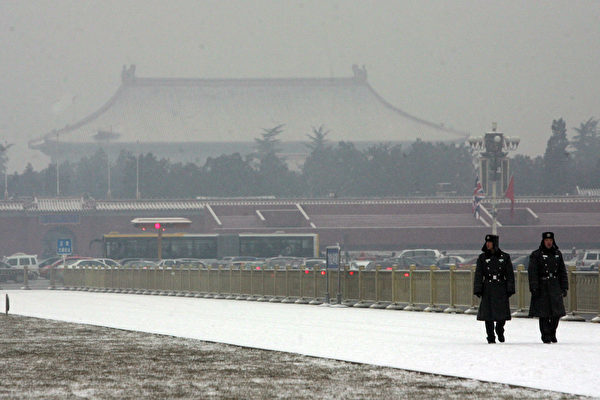
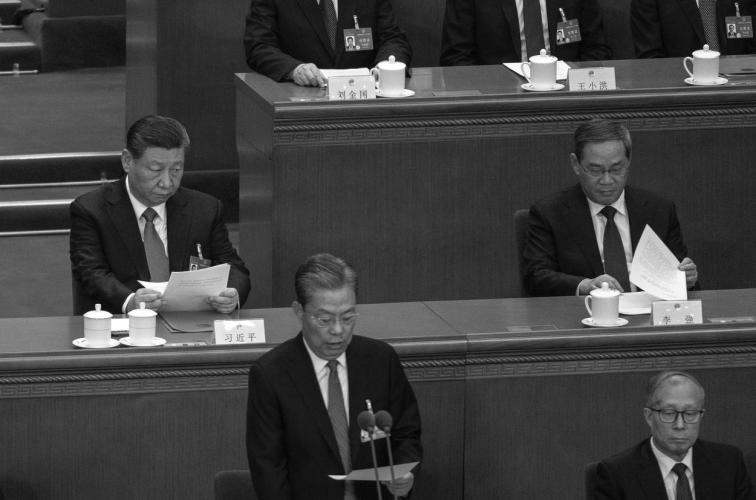
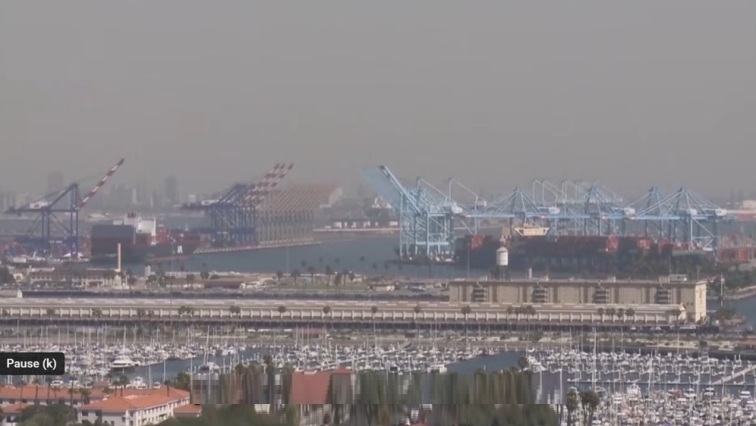
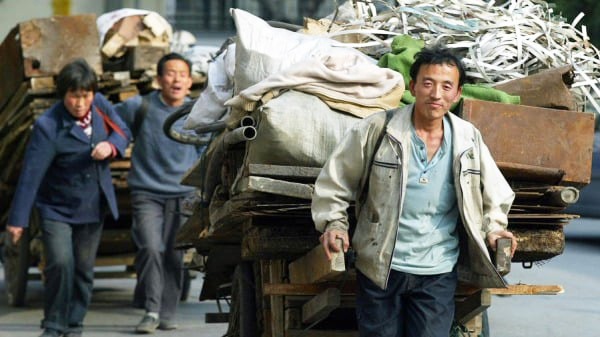
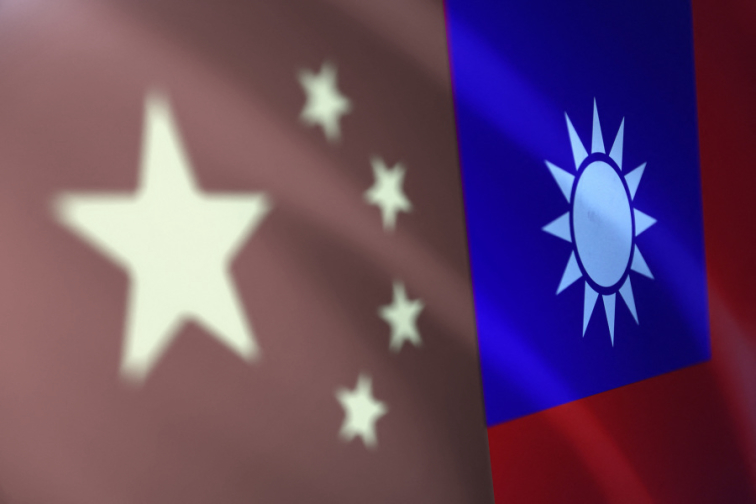
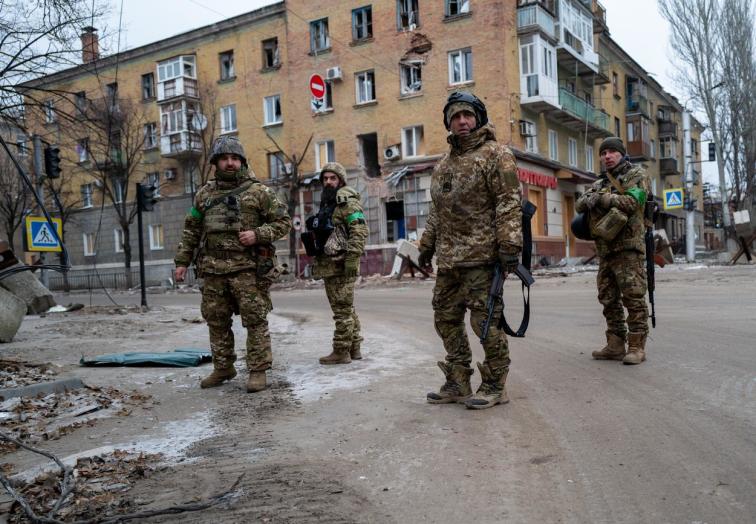
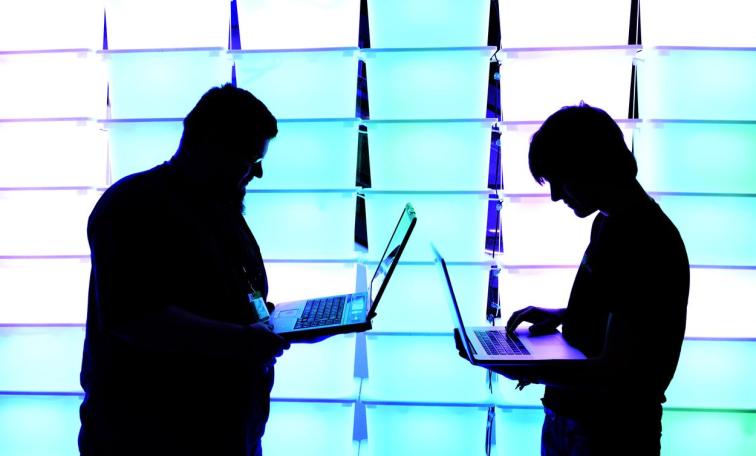
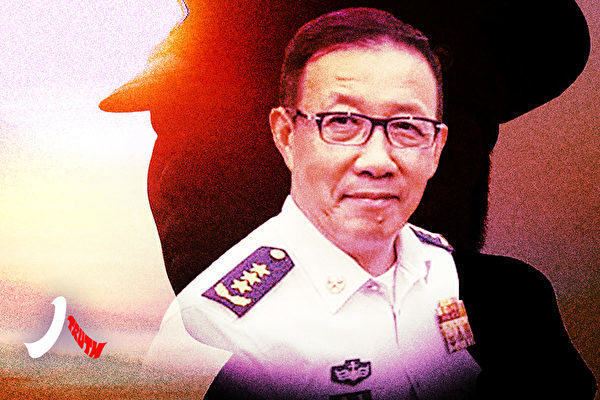

News magazine bootstrap themes!
I like this themes, fast loading and look profesional
Thank you Carlos!
You're welcome!
Please support me with give positive rating!
Yes Sure!